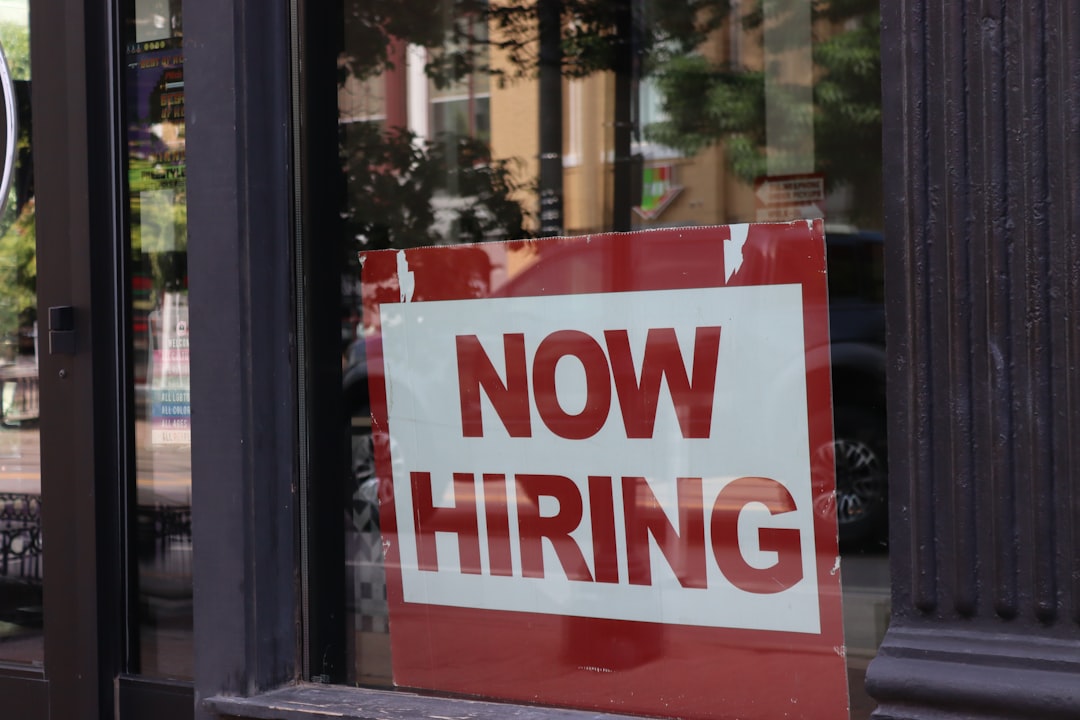Job seekers today are increasingly turning to generative AI (Gen AI) tools to craft standout résumés, tailor cover letters, and even simulate interview responses. As platforms like ChatGPT, Grammarly, and other AI writing and coding assistants become mainstream, job applicants are able to present polished applications with greater efficiency and accuracy. But what do employers really think about these AI-assisted efforts?
Interestingly, the same AI-powered sophistication is being mirrored in visual editing spaces too. The DragGAN AI Tool exemplifies how AI can aid not only in text refinement but also in creating highly professional visuals—crucial for portfolios and personal branding. One user commented, “I used DragGAN to fine-tune my portfolio visuals, and it gave me an edge that traditional tools just couldn’t match.”
While the use of advanced technology in the job hunting process can enhance productivity, it also raises questions about authenticity, originality, and skill representation. Here’s an in-depth look at how hiring managers view Gen AI in the recruitment process.
The Growing Role of Gen AI in Job Applications
Job seekers are increasingly recognizing the value that Gen AI tools bring to their application process. From using ChatGPT to draft personalized cover letters to using AI résumé builders that optimize formatting and keyword usage, AI is quickly becoming a job hunter’s best friend. Here’s how these tools are commonly used:
- Résumé and cover letter generation
- Grammar and style correction tools
- Interview preparation using conversational AI simulations
- Portfolio creation, design assistance, and even basic coding help

While these tools help candidates present themselves confidently, some employers worry they may blur the line between genuine skills and AI-generated assistance.
Employer Perspectives: Opportunity or Risk?
Employers’ reactions to AI-assisted job seeking vary based on industry and role type. Broadly speaking, the sentiment tends to fall into three categories:
1. Acceptance and Support
Many hiring managers, especially in tech-forward or creative industries, see Gen AI tools as simply modern instruments that make candidates more efficient.
“If someone can use AI to polish their resume or get guidance on a coding problem, it shows adaptability,” says Lena Hartmann, a hiring manager in a Berlin-based software startup. “We value resourcefulness.”
2. Cautious Evaluation
Some employers acknowledge the benefits of AI but emphasize that tools must not replace core competencies.
“AI can help articulate ideas, but if the candidate can’t explain their own experience clearly during an interview, it’s a red flag,” notes Thomas Reed, a marketing director in San Francisco. Employers in this group often use behavioral questions or skills assessments to check authenticity during the interview process.
3. Skepticism and Disapproval
A subset of traditional employers remains wary. They worry that AI use might lead to applicants overstating their qualifications or using content they can’t back up.
“Some cover letters sound too perfect—they feel mass-produced. It’s a sign a candidate might be hiding behind tech,” states one recruiter in the finance sector.

Using Gen AI the Right Way
With attitudes ranging from enthusiastic acceptance to cautious skepticism, the key is using Gen AI ethically and strategically. Here are a few employer-approved ways to leverage AI without losing credibility:
- Use AI to brainstorm, not fabricate: Let AI suggest ways to phrase your accomplishments, but ensure the details reflect your actual experience.
- Review and personalize: Always personalize AI-generated content to fit the job description and demonstrate genuine interest.
- Practice articulation: Be prepared to expand on anything written in your résumé or cover letter during interviews.
- Disclose when appropriate: In creative or tech fields, disclosing that AI was used (and how) can actually demonstrate your tech-savviness.
The Evolution of Hiring Standards
As AI becomes more embedded in daily work, employers themselves are also beginning to adopt and appreciate Gen AI. From automated résumé scanning to AI-driven candidate assessments, the hiring process is evolving—and so are expectations. Rather than shunning AI usage, some recruiters appreciate when candidates show they know how to use modern tools responsibly.
In the end, the rise of Gen AI in job hunting isn’t a shortcut—it’s a shift. The focus remains on skills, experience, and fit. AI can assist, but it can’t replace authenticity or interpersonal connections.
Conclusion
Employers are not universally opposed to candidates using generative AI tools—in fact, many embrace the trend as part of the broader digital transformation of the workplace. However, it’s crucial for job seekers to strike the right balance: using AI for assistance while maintaining transparency and personal ownership of their application materials.
In a competitive job market, those who can leverage Gen AI effectively—while still showcasing their unique voice—stand the best chance of impressing today’s decision-makers.

